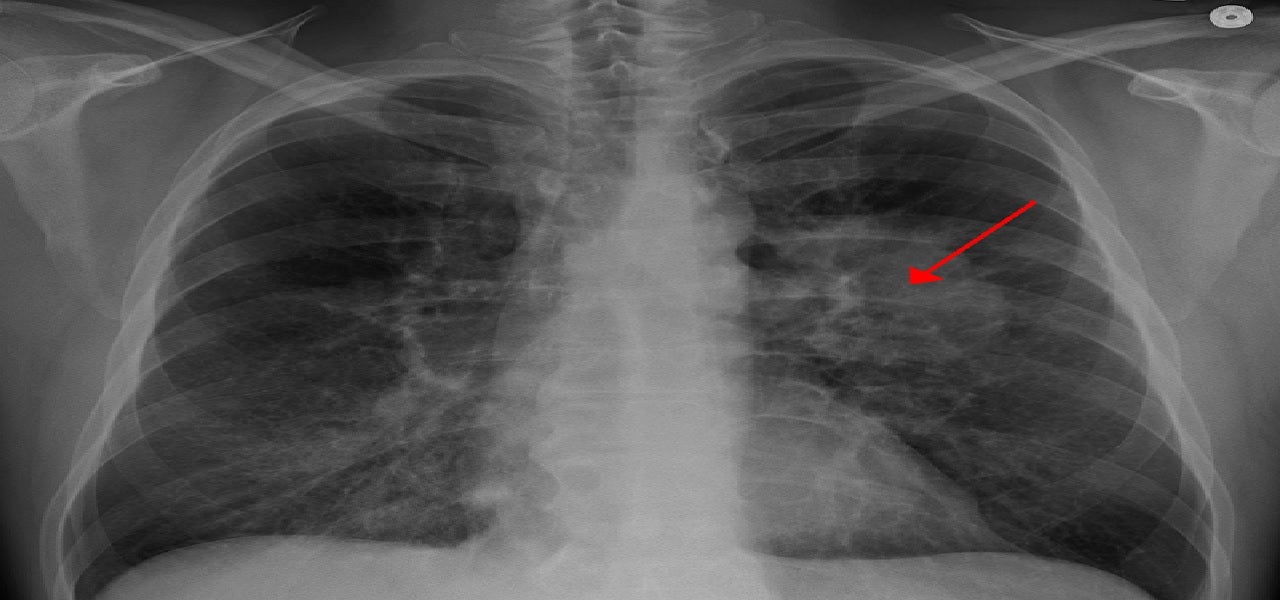
Merck has reported first-time data from the Phase 3 KEYNOTE-598 trial analysing KEYTRUDA, its anti-PD-1 therapy, along with ipilimumab (Yervoy) as against KEYTRUDA monotherapy as a first-line treatment for patients suffering with NSCLC without EGFR or ALK genomic tumour aberrations and whose tumours express PD-L1.
The study results indicated that the addition of ipilimumab to KEYTRUDA did not boost the overall survival (OS) or progression-free survival (PFS) but added toxicity as against KEYTRUDA monotherapy in patients with metastatic non-small cell lung cancer (NSCLC).

Discover B2B Marketing That Performs
Combine business intelligence and editorial excellence to reach engaged professionals across 36 leading media platforms.
The median OS was 21.4 months for patients randomised to KEYTRUDA along with ipilimumab as against 21.9 months for patients randomised to KEYTRUDA monotherapy.
Furthermore, the median PFS was 8.2 months for patients in the combination group, as against 8.4 months for patients in the KEYTRUDA monotherapy group.
Merck Research Laboratories senior vice-president and head of global clinical development, chief medical officer Dr Roy Baynes said: “As a leader in lung cancer, we are pursuing a broad clinical programme to better understand the potential of KEYTRUDA-based combinations to improve survival outcomes for patients with this devastating disease.
“KEYNOTE-598 is the first head-to-head study designed to answer the question of whether combining KEYTRUDA with ipilimumab provided additional clinical benefits beyond treatment with KEYTRUDA alone in certain patients with metastatic non-small cell lung cancer. The results are clear, the combination did not add clinical benefit but did add toxicity.”

US Tariffs are shifting - will you react or anticipate?
Don’t let policy changes catch you off guard. Stay proactive with real-time data and expert analysis.
By GlobalDataThe results were presented in the Presidential Symposium at the IASLC 2020 World Conference on Lung Cancer hosted by the International Association for the Study of Lung Cancer.
As announced in November 2020, the trial was discontinued given the futility based on the recommendation of an independent Data Monitoring Committee (DMC).
KEYNOTE-598 is a randomised, double-blind, Phase 3 trial intended to analyse KEYTRUDA along with ipilimumab as against KEYTRUDA monotherapy as a first-line treatment. The study had enrolled 568 patients.
An anti-PD-1 therapy, KEYTRUDA works by boosting the ability of the body’s immune system to help detect ad fight tumour cells.
It is a humanised monoclonal antibody that stops the interaction between PD-1 and its ligands, PD-L1 and PD-L2, in turn activating T lymphocytes that may impact tumour cells and healthy cells.
Non-small cell lung cancer (NSCLC) is the most common type of lung cancer, accounting for about 85% of all cases.
Small cell lung cancer (SCLC) represents about 10% to 15% of all lung cancers.
Prior to 2014, the five-year survival rate for patients detected with NSCLC and SCLC was found to be 5% and 6%, respectively, in the US.





